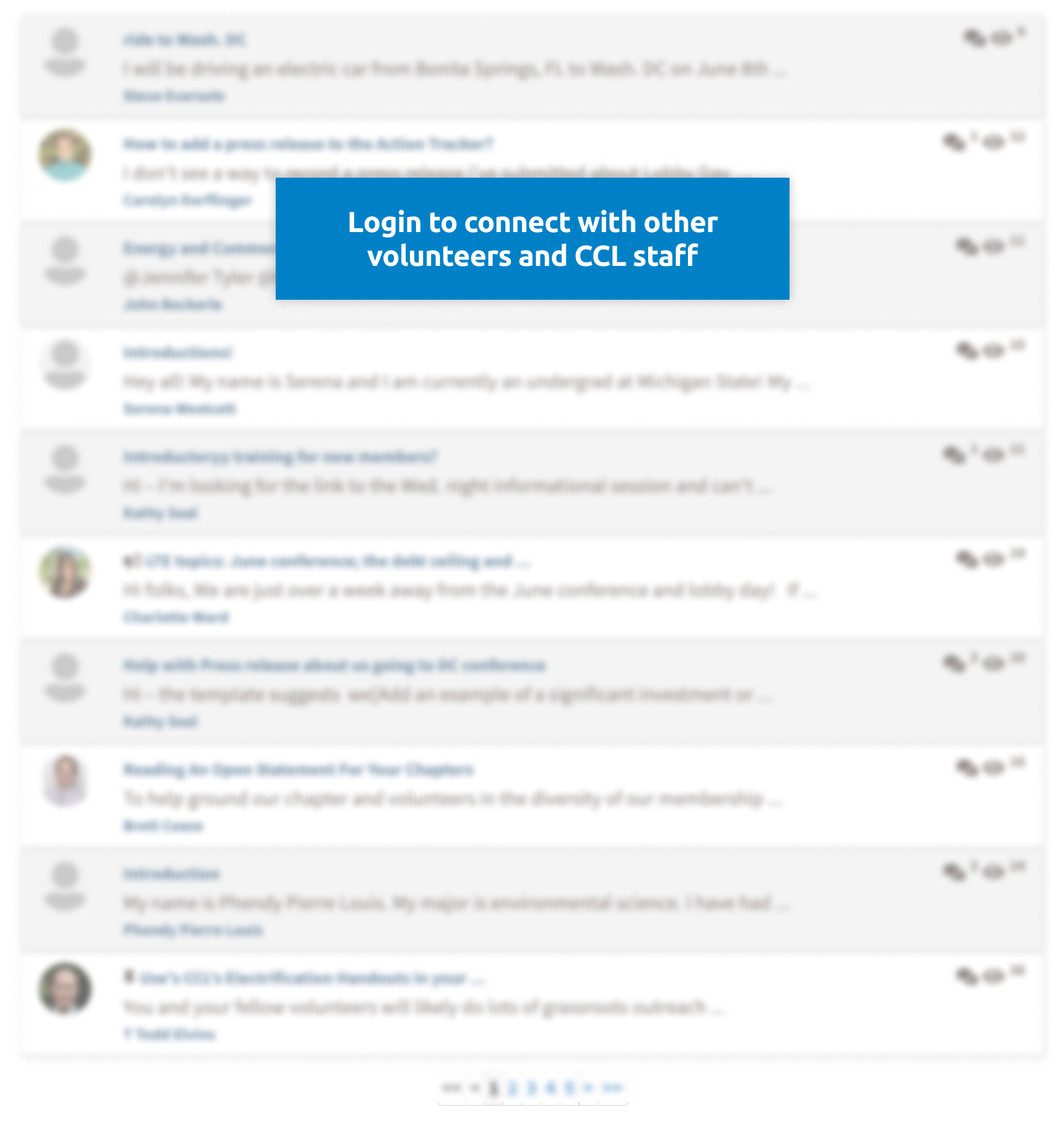Login
List of Events
Sort By Date
Starts:
02/11/2026 11:00am PST
Starts:
02/11/2026 2:30pm PST
Starts:
02/11/2026 3:00pm PST
Starts:
02/11/2026 4:00pm PST
Starts:
02/11/2026 5:00pm PST
Featured Recent Discussion
